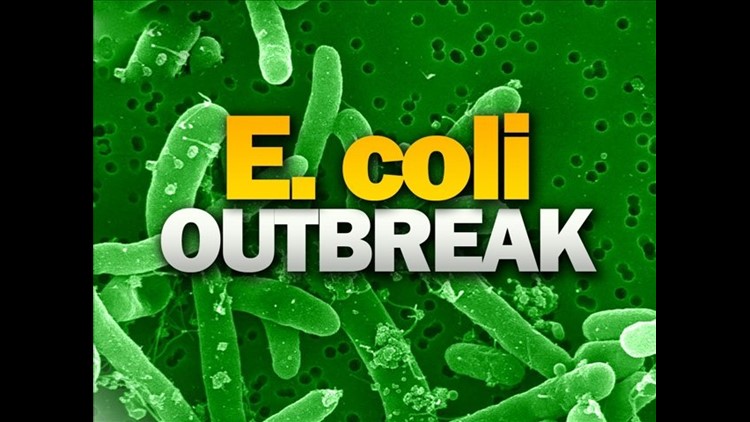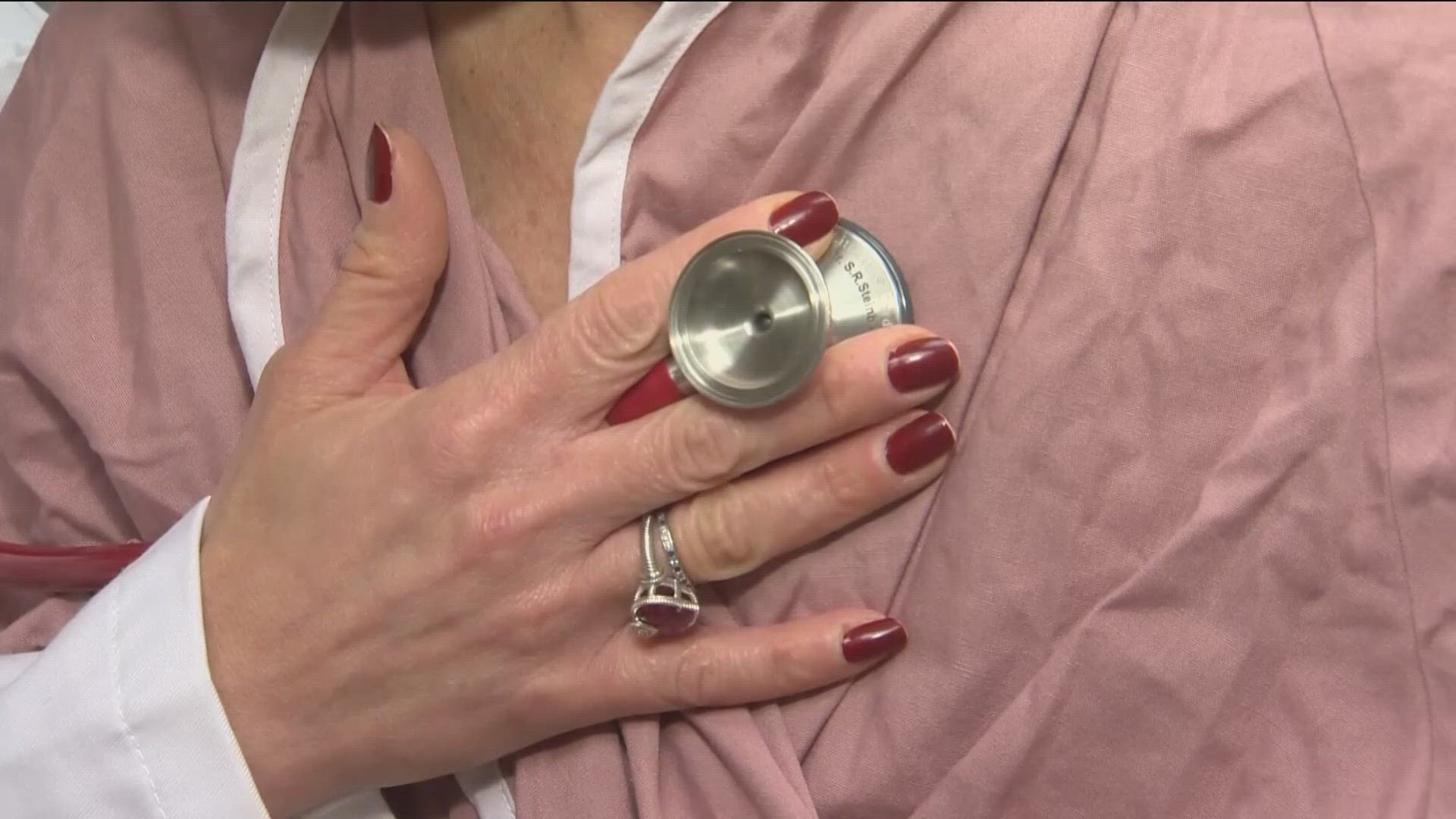ATLANTA (CNN) — Federal health officials say 14 people in six states have been sickened by the same strain of E. coli over the past couple of months.
According to CDC spokeswoman Lola Russell, 14 cases of Shiga toxin-producing Escherichia coli O145 infection with the same DNA fingerprint were identified in six states. “Their illness onsets range from April 15 to May 12, 2012,” she said. “Three ill persons have been hospitalized. One death has been reported in Louisiana.”
Cases have been reported in Louisiana, Georgia, Alabama and Florida, according to local health departments and media reports. The CDC would not reveal which other two states were reporting cases.
Louisiana health officials would confirm only that one child died and two adults were sickened in the New Orleans area. CNN affiliate WWL reported that the child was 21-month-old Maelan Elizabeth Graffagnini, who fought the infection for weeks at a local hospital.
Georgia is reporting five cases, the most in one state.
“Four of five are female, and their ages range from 18 to 52, with a median of 34. Illness onsets range from (April 15-28); one case was hospitalized overnight for this illness, and no cases have died,” said Suleima Salgado, deputy director of communications for the Georgia Department of Public Health.
The cases in Georgia have been mild, according to Dr. J. Patrick O’Neal, who heads the Division of Health Protection within the Georgia Department of Public Health.
He said Thursday, “I don’t think there’s need for great concern. I think awareness, yes, concern, no. We have outbreaks of various diarrheal diseases quite frequently.”
According to the CDC, the most common strain is E.coli 0157. The strain in this outbreak is 0145. “As whole, the non-O157 serogroup is less likely to cause severe illness than E. coli O157,” it said. “However, some non-O157 (Shiga toxin-producing Escherichia coli) serogroups can cause the most severe manifestations of STEC illness.”
The cause of the outbreak is unknown, and the investigation is ongoing on the federal and local levels. Infectious disease investigators have to interview the victims to determine what they all have in common.
E. coli can have an incubation period of as little as one day and as long as 10 days after exposure. According to the CDC, “the symptoms often begin slowly with mild belly pain or non-bloody diarrhea that worsens over several days.” So investigators are dependent on people accurately remembering what they may have eaten or come into contact with before they got sick.
Food such as meat and poultry but also fruit and vegetables is often the source of E. coli infections. However, unpasteurized or raw milk, water that has not been disinfected, contact with cattle or contact with the feces of infected people are other sources of infections.
Young children, the elderly and people who have weakened immune systems (like cancer or HIV patients) are at greater risk for severe illness and death.
The best way to avoid getting sick is by washing hands frequently when preparing food as well as avoiding cross-contamination of food preparation areas by washing cutting boards, counters and utensils with hot, soapy water.
Properly washing hands after using the bathroom and after coming into contact with animals or being in their environments — anywhere there may be traces of feces, where the bacteria could be lurking — also helps.
Cooking meats thoroughly to at least 160°F or 70˚C kills the bacteria and prevents infection as well. Using a meat thermometer will most accurately help you determine that the food is thoroughly cooked.
™ & © 2012 Cable News Network, Inc., a Time Warner Company. All rights reserved.



